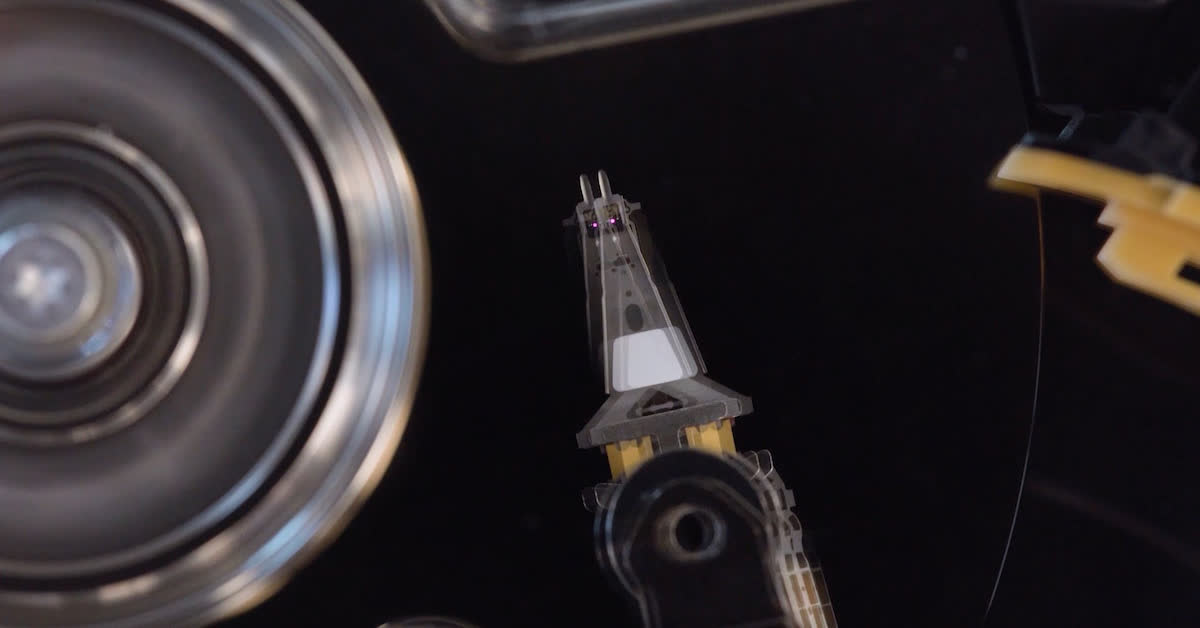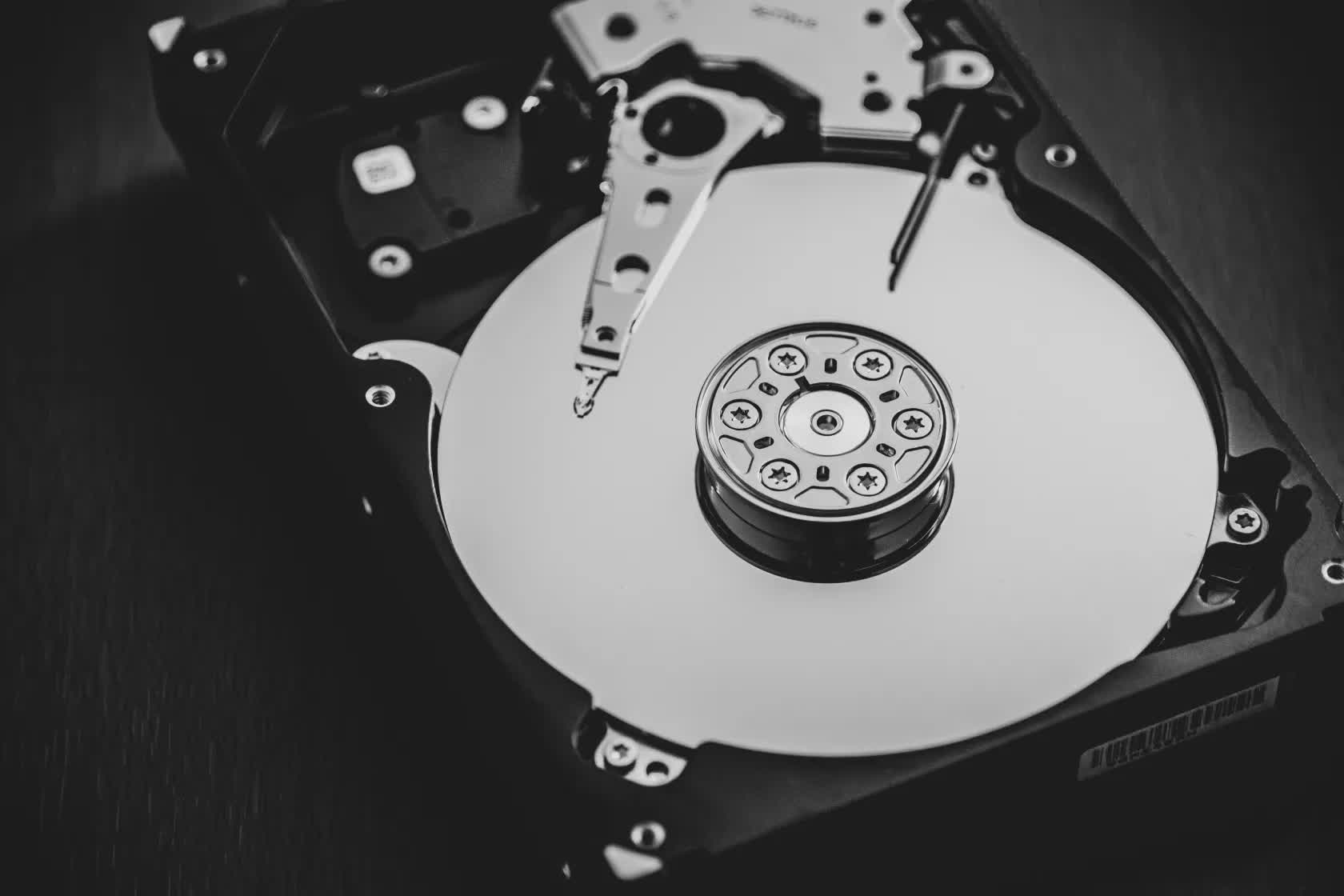Bottom line: New AI startups are popping up all the time, which means demand for data centers is surging. With Seagate aiming to ship its first million HAMR drives during the first half of 2024 and volumes expected to soar thereafter, its partnership with Sony might produce the solution to ever-growing data woes.

Seagate has partnered with Sony Group to produce cutting-edge laser diodes for their next-gen HAMR (Heat-Assisted Magnetic Recording) write heads, with the latter set to kick off production in May.
The move suggests that Seagate isn't putting all its eggs in one basket when sourcing these crucial components. By bringing Sony into the mix as a secondary supplier, the company is ensuring a steady flow of laser diodes for its upcoming 3.5-inch hard drives – drives that are poised to offer a staggering 30+ terabytes of storage capacity.
But what exactly is enabling this massive leap in data density? The answer lies in Sony's semiconductor prowess. Its laser diodes boast incredible precision, allowing lasers to be focused on spots just one millionth of a millimeter wide. By firing these high-intensity beams at the drive's storage surface, the HAMR technology can effectively double the amount of data that can be crammed onto each tiny area.

To make this happen, Sony is investing big bucks – around $33 million – into upgrading their production with a plant in Japan's Miyagi prefecture and a factory in Thailand, according to a Nikkei report.
And the timing couldn't be better. With the rapid growth of AI and data-hungry applications, the demand for cloud storage and data centers is skyrocketing. Statista, a German analytics firm, predicts that global data generation will hit a staggering 181 zettabytes (that's 21 zeroes in bytes) by 2025 – a 90% jump from 2022.
This insatiable appetite for data is putting immense pressure on data center operators to expand their infrastructure. But with land and power constraints, simply building more facilities isn't a sustainable solution. That's where Seagate and Sony's collaboration comes into play, offering a way to double storage density while slashing power consumption by a hefty 40%.
The development follows Seagate's announcement from January that these drives will be available in mass quantities by the end of this quarter, following the completion of customer evaluations. The units will primarily target hyperscale cloud data centers and bulk storage applications.
If Seagate can successfully ramp up production, the next step would be achieving 4TB per platter, potentially paving the way for 40TB HDDs within the subsequent two-year period. Looking further ahead, Seagate's preliminary roadmaps have an ambitious target of developing 100TB drives by 2030.
https://www.techspot.com/news/101930-seagate-sony-team-up-develop-30tb-hard-drives.html